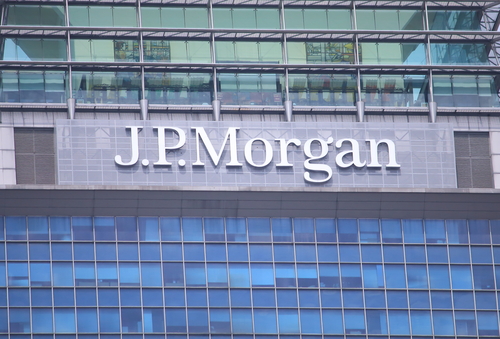The following censorship instructions, issued to the media by government authorities, have been leaked and distributed online. The name of the issuing body has been omitted to protect the source.
Find and delete negative information from foreign websites involving the Minister of Commerce and J.P. Morgan. (February 9, 2015)
查删境外网站传播的涉及商务部部长的摩根大通雇员负面消息。 [Chinese]
The Wall Street Journal reports that the U.S. government is investigating hiring practices at J.P. Morgan, after leaked emails revealed that the bank hired and retained the under-qualified and “irresponsible” Gao Jue at the urging of his father, current Minister of Commerce Gao Hucheng. The younger Gao was apparently supported at J.P. Morgan by former senior executive William Daley, who has also served as U.S. Secretary of Commerce and White House Chief of Staff. Ned Levin, Emily Glazer, and Christopher M. Matthews explain the concerns of the U.S.:
J.P. Morgan hasn’t been accused of wrongdoing in the investigation, which focuses on the Foreign Corrupt Practices Act, a U.S. law that bars giving anything of value to foreign government officials for a business advantage. Federal prosecutors in Brooklyn and Washington view Mr. Gao’s hiring as a potential violation because of indications of some sort of quid pro quo involving his father, combined with indications bankers saw the son as ill-qualified, the people briefed on the investigation said. [Source]
Another WSJ article by the same reporting team explains four internal bank emails from 2006-2010 related to Gao Jue’s time at J.P. Morgan. Gao Jue stayed on through a round of layoffs, despite concerns that he was “immature” and unqualified for the position he held. The elder Gao was “willing to go extra miles to help JPM in whatever way we think he can” if they kept his son there, according to one email exchange from 2008.
A question about the case was removed from the official transcript for Monday’s Ministry of Foreign Affairs press briefing, according to Agence France-Presse’s Tom Hancock.
Since directives are sometimes communicated orally to journalists and editors, who then leak them online, the wording published here may not be exact. The date given may indicate when the directive was leaked, rather than when it was issued. CDT does its utmost to verify dates and wording, but also takes precautions to protect the source.








